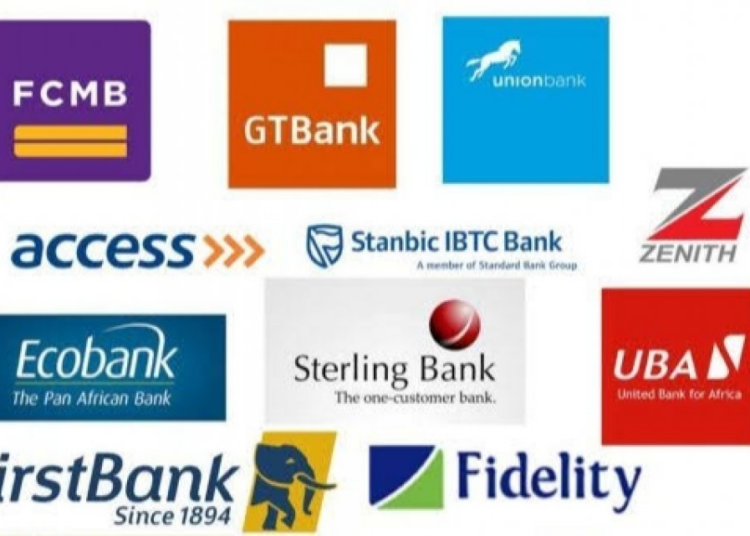Banks’ credit to the private sector rose to N74.0 trillion in October 2024, marking a 16 per cent year-on-year increase despite a tightening monetary policy, according to the Central Bank of Nigeria (CBN).
This growth, however, reflects a slowdown from the previous month’s rate of 27 per cent and a two per cent month-on-month contraction.
The rise in foreign currency loans, driven by the naira’s depreciation, has been a significant factor in this credit expansion. Analysts suggest that while the banking sector remains resilient, ongoing inflation and regulatory measures may impact future lending growth.
The latest statistics from the CBN revealed a 16 per cent year-on-year increase in banks’ credit extension to the private sector, reaching N74.0 trillion in October 2024.
According to analysts by FBNQuest Capital Research, this marks a deceleration compared to the robust expansion of around 27 per cent recorded in the preceding month. On a month-on-month basis, private sector credit growth contracted by -2 per cent.
The CBN’s Private Sector Credit Extension (PSCE) data encompasses lending across the entire banking system, including contributions from deposit money banks (DMBs), the CBN itself, state-owned development banks like the Bank of Industry, and smaller institutions such as microfinance and non-interest banks.
A key driver of the year-on-year increase in PSCE has been the rise in foreign currency-denominated loans. This surge is largely attributed to the substantial depreciation of the naira over the past year, which has prompted businesses to seek loans in more stable foreign currencies.
“The year-on-year growth of PSCE has been steadily moderating since peaking at approximately 94 per cent in February 2024.
This sustained slowdown is attributed to the CBN’s stringent monetary policy to curb heightened inflationary pressures,” the report said.
During its most recent Monetary Policy Committee (MPC) meeting in November, the central bank implemented a 25 basis points rate hike, raising the monetary policy rate to 25.70 per cent.
Despite these efforts, headline inflation climbed for the third consecutive month, reaching 34.60 per cent in November, up from 33.88 percent in October, according to the National Bureau of Statistics.
While PSCE growth has decelerated, other monetary aggregates have seen faster expansion. Broad money supply (M3) and narrow money supply (M2) grew by 46 per cent and 48 per cent, respectively. At the same time, credit extension to the government more than doubled to N40.1 trillion.
With inflationary pressures showing no signs of abating, the CBN is expected to maintain its aggressive stance on monetary tightening. This approach aims to rein in inflation, which concerns policymakers and the broader economy.
Given the central bank’s resolve, analysts at FBNQuest Capital Research predict a continued moderation in private-sector credit extension in the near term.
The interplay between rising inflation and restrictive monetary policies underscores the challenging economic environment facing Nigeria’s financial system.
Operational reports from banks show significant growth in deposits in 2023. Access Holdings’ deposits rose from N6.10 trillion in 2022 to N9.4 trillion in 2023. Zenith Bank grew deposits from N5.86 trillion to N11.43 trillion, while FBN Holdings’ deposits increased from N5.25 trillion to N7.85 trillion.
United Bank for Africa (UBA) doubled its deposits from N4.83 trillion in 2022 to N9.32 trillion in 2023, and Guaranty Trust Holding Company’s deposits rose from N3.47 trillion to N5.22 trillion.
Looking forward, it is anticipated that PSCE growth will continue to decelerate in the coming months, analysts at FBNQuest said.
The CBN’s restrictive monetary stance is likely to exert further pressure on the rate of credit expansion, shaping the financial landscape as the Central Bank seeks to balance economic stability with growth.
We’ve got the edge. Get real-time reports, breaking scoops, and exclusive angles delivered straight to your phone. Don’t settle for stale news. Join LEADERSHIP NEWS on WhatsApp for 24/7 updates →
Join Our WhatsApp Channel










